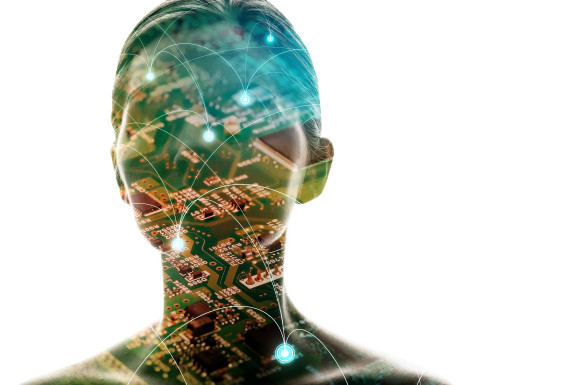
Presented by Indeed
Today’s workforce is experiencing rapid change. A change that is creating more productive and efficient work environments but is also causing professions and career models to morph, talent gaps to widen, and making it more challenging to find and retain right-fit employees.
As advances in artificial intelligence (AI), automation, mobility, and the nature of work evolve the workplace, talent acquisition and retention — already one of the biggest challenges companies face — will become more important than ever.The good news is many of these technologies, especially AI, are also transforming the way we identify and hire talent, making the process more productive, efficient, and diverse. Though in its early stages, AI is already able to match jobseekers with jobs, and in the near future, AI assistance will be crucial in helping companies retain employees and in helping individuals grow and meet their career aspirations.
Impact of AI on the hiring process
Job descriptions
In my last post, I commented on the prehistoric nature of job descriptions and resumes — how they are difficult to understand, one dimensional, and often infused with human biases.
Future job descriptions will be different. At Indeed, Natural Language Processing (NLP) is already improving job description categorization by finding and extracting critical criteria in postings and feeding it to higher level AI algorithms in order to identify the most relevant jobs for job seekers. When the algorithm’s scoring shows a job seeker’s qualifications fit a role description, we encourage them to apply for the position.
Going forward, job descriptions and resumes will become more personalized and augmented with time-saving features. Job descriptions will highlight the elements of a job that are most interesting to a candidate’s personal preferences, promoting skill sets and experiences that will help attract the candidate’s attention. Then conversational “agents” — likely bots or automated systems that use human and machine input — will allow job seekers and employers to engage with each other earlier so they can rapidly understand each other’s needs.
Think about the opportunity afforded by having a chat button attached to a job description that allows a candidate to immediately ask questions about a job. Or one that allows an employer to ask detailed questions about a candidate’s experience. Not only will many questions be resolved at this stage, those that cannot will be routed to hiring managers for answers, and more importantly, be used to train the system for the future. Conversational systems like these are already beginning to show results in many…
The post AI’s crucial role in transforming the workforce appeared first on FeedBox.